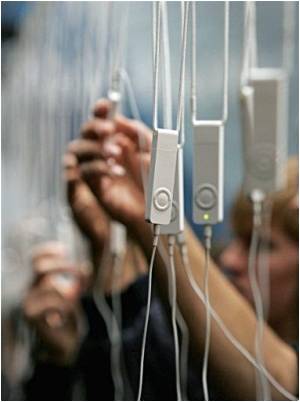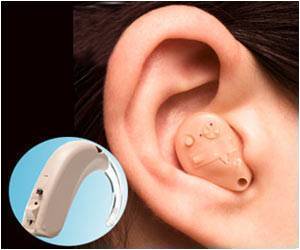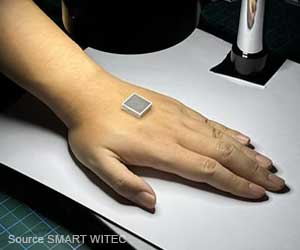New research striving to develop new hearing aids that distinguish between background noises and speech.

To overcome this barrier, researchers from the Universities of Southampton and Cambridge will use knowledge generated from neuronal brainstem recordings to design novel signal processing strategies. By designing this physiological-based algorithm, which mimics how our brain hears sound, the team will be able to identify how individual neurons in the brain stem respond to sound and distinguish meaningful signals from noise.
This 'sparse coding' identification will make it possible for the scientists to reduce levels of noise while increasing speech intelligibility.
Dr Stefan Bleeck, from the Institute of Sound and Vibration Research (ISVR) at the University of Southampton, says: "Our central hypothesis is that the brain uses sparse coding when distinguishing meaningful signals from noise and it uses a dynamic dictionary for sound representation. Neurons adapt their response because they have a limited dynamic rate which they constantly optimise in response to noise in order to reduce redundancy and to maximise the information flow."
"By investigating this coding mechanism in individual neurons, it will allow us to develop novel signal-processing algorithms to select the parts that code speech and the ones that code unwanted noise. We will then be able to resynthesize sound in hearing aids with reduced noise, but with quality intact, to enhance speech intelligibility."
Dr Bleeck has received funding from EPSRC - Healthcare Technology Challenges for Engineering to undertake this research with ISVR colleagues Dr Matthew Wright and Thomas Blumensath, and Dr Ian Winter of the University of Cambridge's Department of Physiology.
Source-ANI
 MEDINDIA
MEDINDIA



 Email
Email









